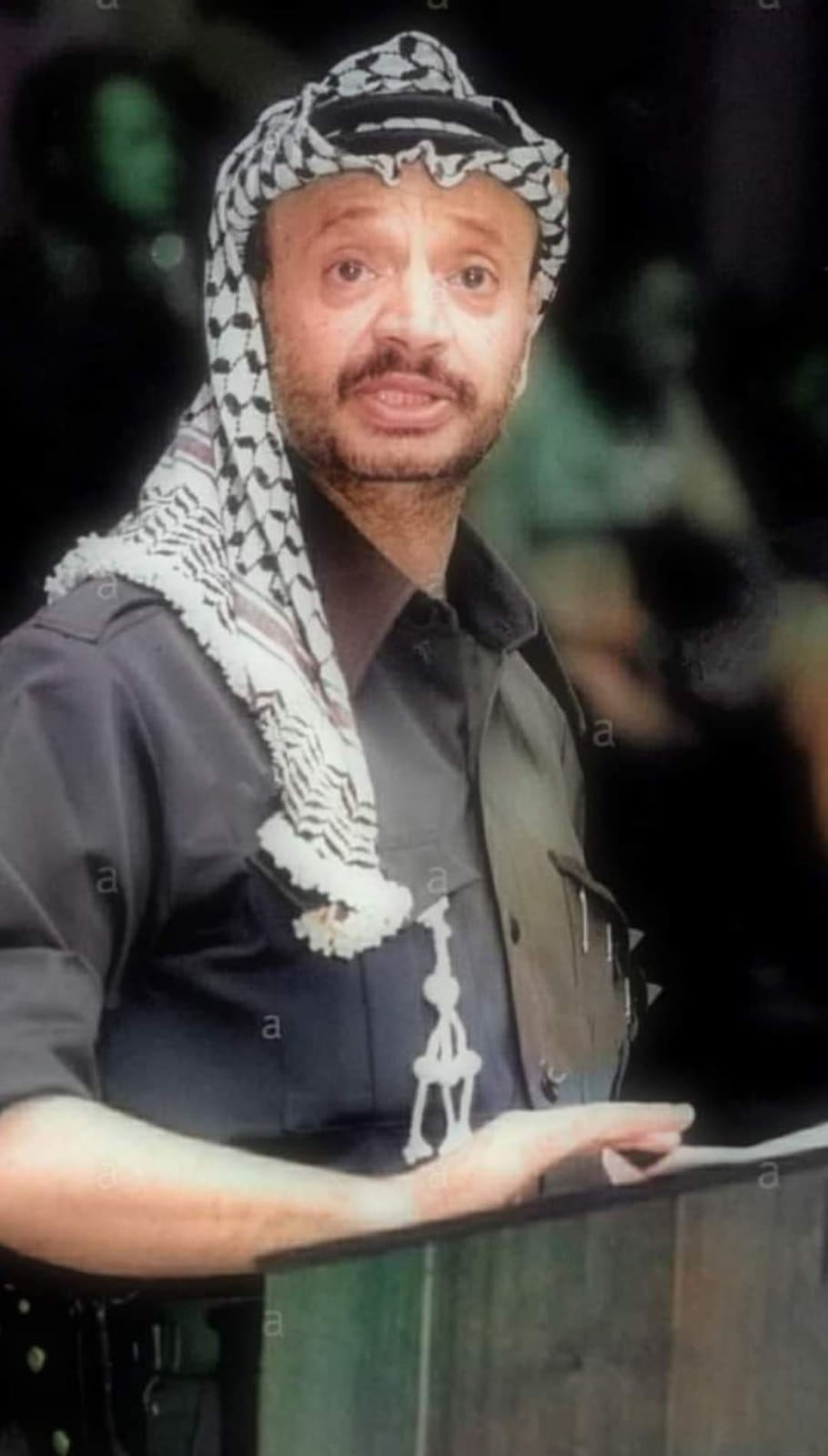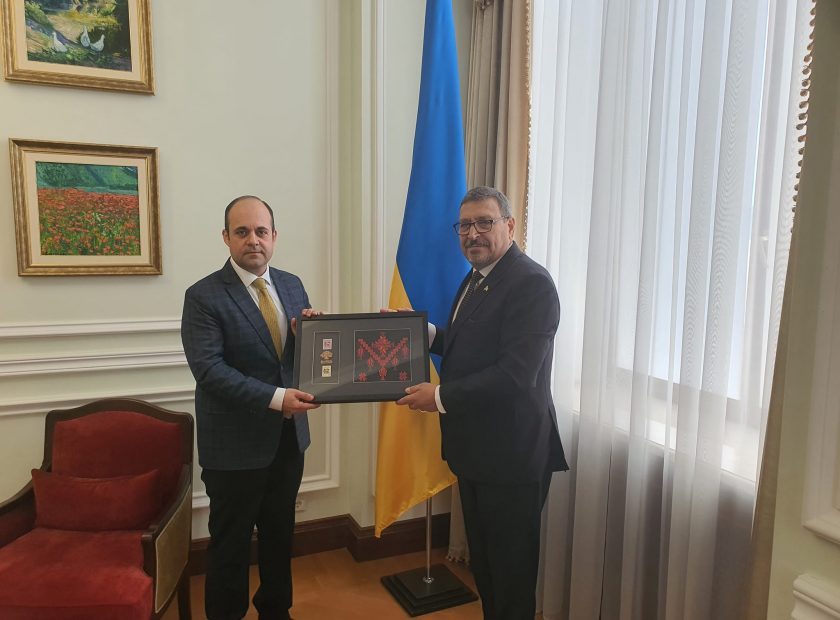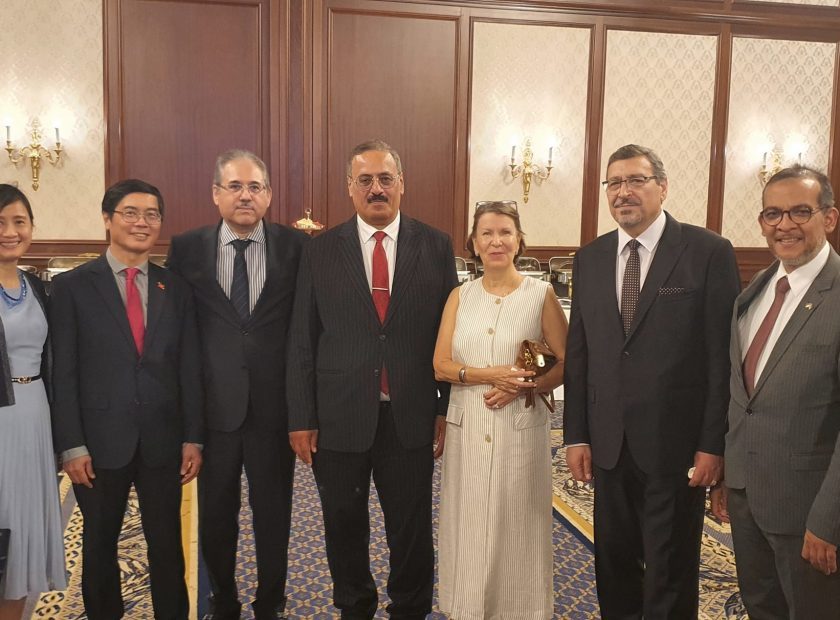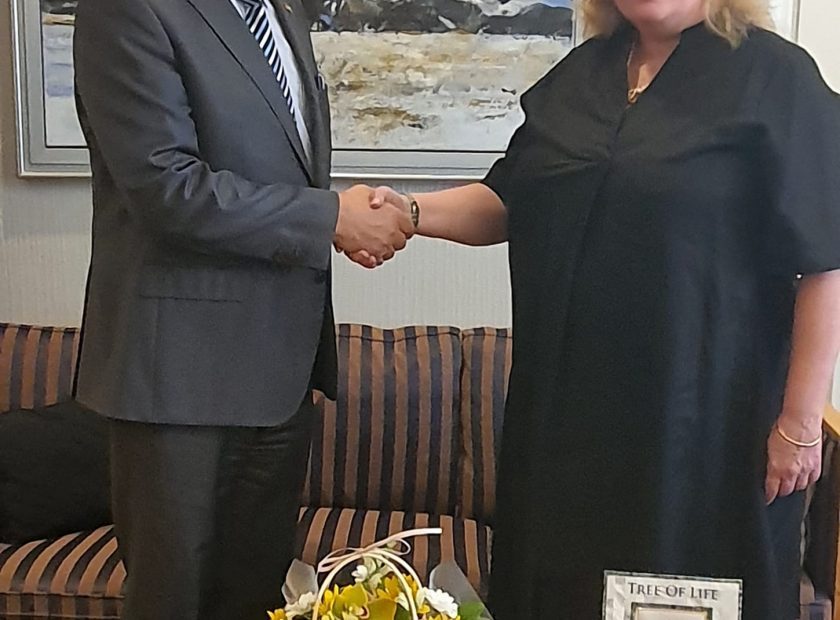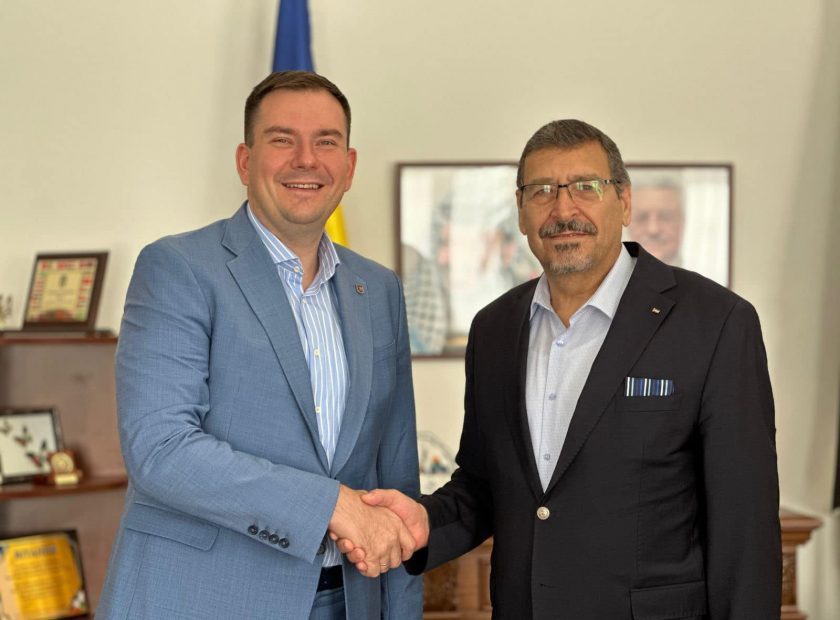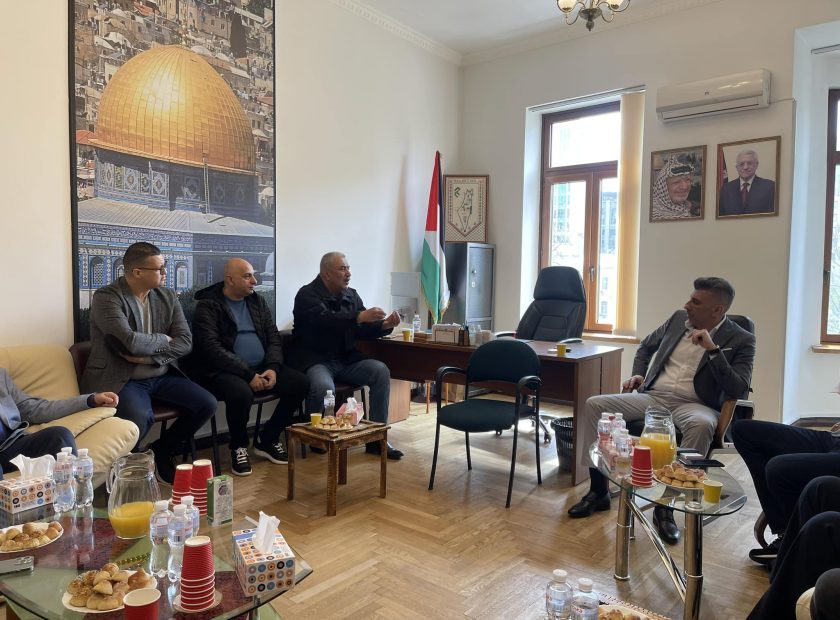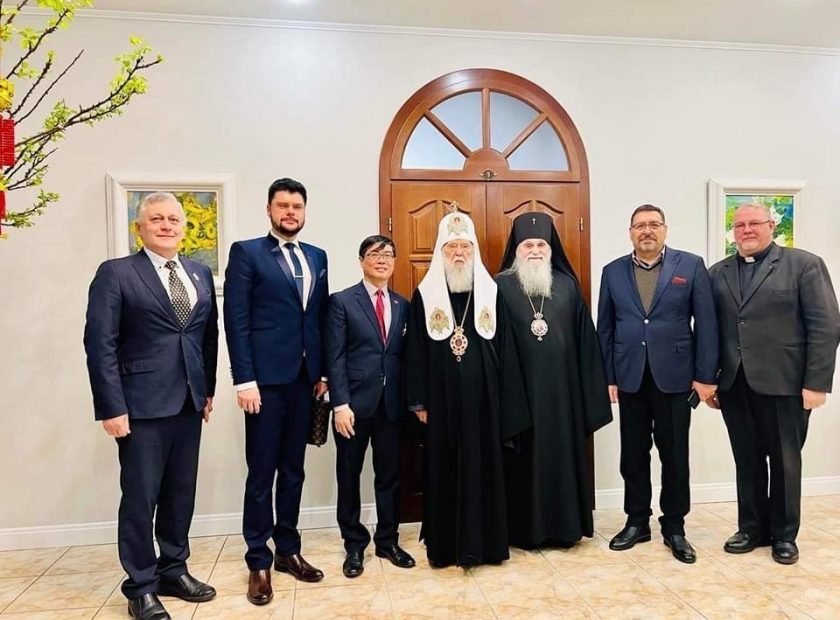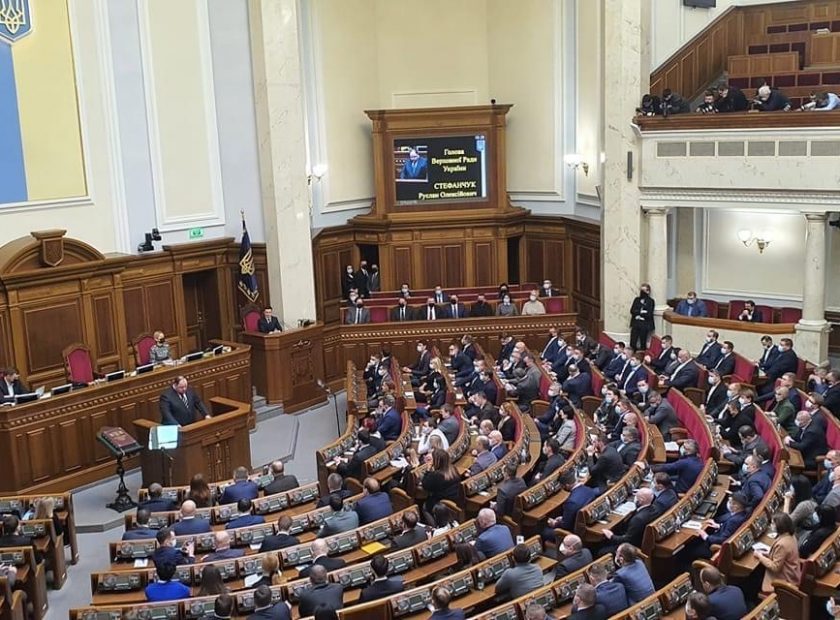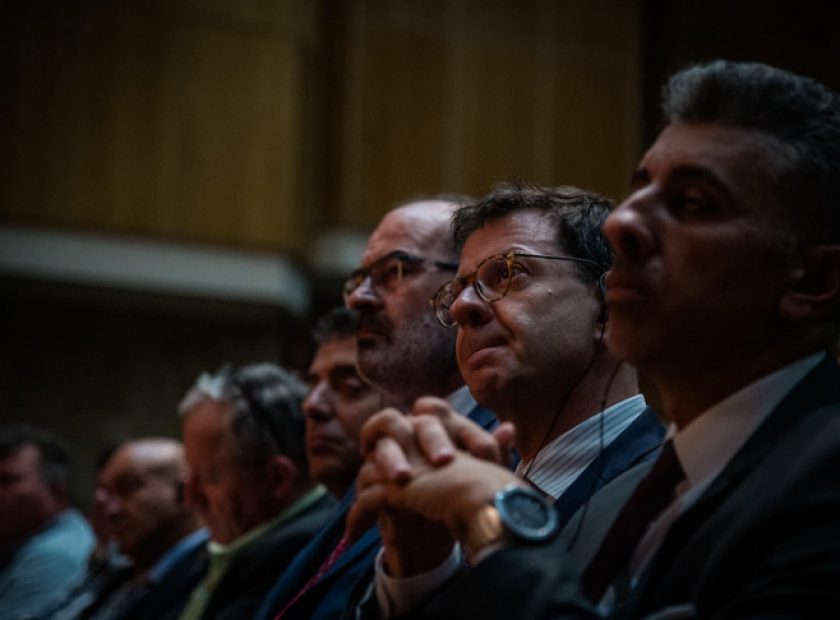On this day, November 11, 2004, Yasser Arafat, “Abu Ammar”, the symbolic president, the owner of the keffiyeh “that guarded the Palestinian cause”, passed away.
11th of November of each year will remain a painful memorial date that reminds of the passing away of the leader who led the liberation struggle on the way to our national cause for decades, and for which he faced countless military and political battles, until his martyrdom in 2004, after his headquarters in Ramallah has been under the Israeli siege and aggression during more than three years.
“Abu Ammar” passed away under difficult internal and external circumstances that our people and their liberation cause are still suffering from and that caused by the Israeli occupation, aggression and ongoing blockade. We have lost a substantial number of martyrs and vast number of people have been wounded. Moreover, there are thousands of fighters languishing in the prisons of the Israeli occupation, in addition to the widespread illegal settlements established by Israeli settlers on our occupied Palestinian territories, the demolition of our citizens` homes, and the partition of the Homeland…
Today we commemorate the late leader Yasser Arafat in order to remind of his immortal biography, the biography of the great revolutionary who participated in all stages of the Palestinian revolution. He was not only a military fighter, but also a seasoned politician with a discerning vision that encouraged and gave grounds for optimism, even in the worst of circumstances. Arafat lived through the Palestinian cause with all its concerns and vicissitudes. He remained steadfast and lived through the blockade and destruction. He was the one who used to say every time: “We will definitely win, sooner or later.”
Since the beginning of the contemporary revolution, the national struggle has benefited on the various stages from the great wisdom of the symbolic leader Yasser Arafat, his will and steadfastness in the face of all challenges, as he turned many setbacks into victories that history has recorded and that future generations will remember for a long time.
Leader Arafat possesses a special place among Palestinians of all political spectrum, as he is an integral part of modern Palestinian history and its beacon, as his personality became a symbol for every free person, and he became the leader and founder of the Palestinian national movement and its defender with all his might. Some people disagreed with him, but they did not contradict him, due to his expertise and political genius.
The late president transferred the Palestinian cause from a refugee issue to a national liberation cause that is the fairest affair in the modern era. He also lifted the Palestinian cause to the international arena in 1974 by his famous speech addressing the United Nations General Assembly in New York. It was then when he said his famous phrase:
“I come bearing an olive branch in one hand, and the freedom fighter’s gun in the other. Do not let the olive branch fall from my hand.”
Arafat lived through difficult moments in the history of the Palestinian cause, but he always looked to the future and worked for the sake of the future.
On this painful occasion, our people renew the pledge to continue their legitimate and just struggle against the occupier, and expresses its adherence to the Palestinian national principles and the right of return for refugees to their lands from which they were displaced, achieving national unity and putting an end to the division. We stress that no matter how long the time takes and the oppression and false accusations increase and the facts are being falsified – we will not give up any of our legitimate rights guaranteed by the international legitimacy resolutions, and we will continue to work until the Israeli occupation of our country ends, and our sovereign state is embodied on the 1967 borders, with East Jerusalem as its capital.
Martyr Yasser Arafat is physically absent from Palestine, but his legacy of struggle is still firmly rooted in our people and his leadership. Before his death, he expressed his will to be buried in Jerusalem, but after Israel refused that, he was temporarily buried in the Muqata’a premises in the city of Ramallah until the occupation is ended.
